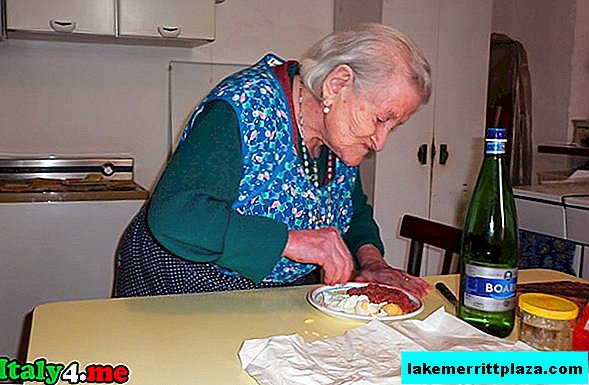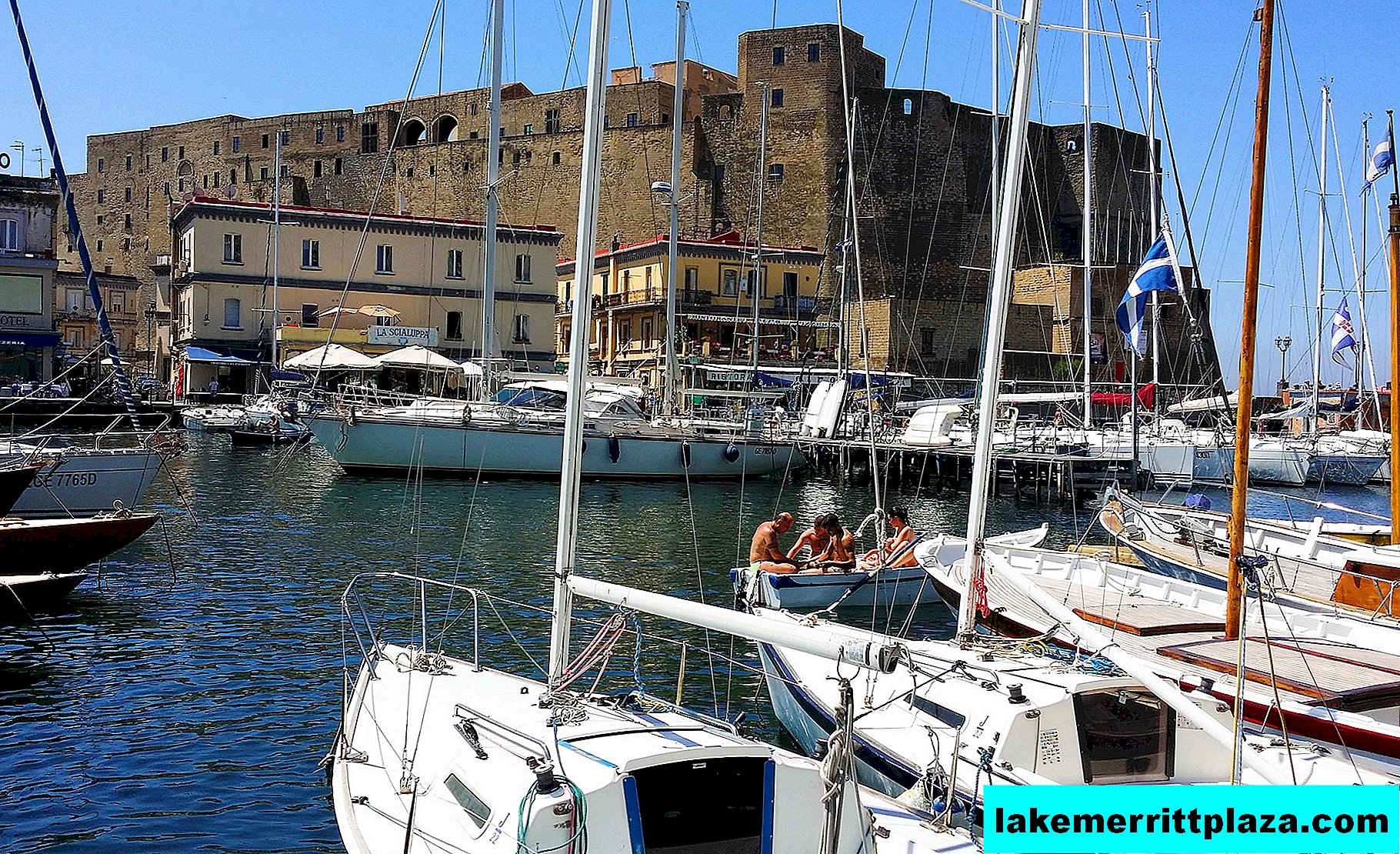If you ask ten people in which country in Europe they would like to live, at least two of them will choose Italy. And this is not surprising: a mild climate, amazing cuisine and a pleasant atmosphere prevailing in every corner of the country attract many. In Italy, it seems impossible not to enjoy life. And its average duration among Italians (it is 83 years) is a direct proof of this.
So, in the honorary ranking of long-livers of the world, the Italian grandmother from takes first place. Her name is Emma Morano and on November 29, 2016 she will celebrate her 117th birthday.

Happy birthday, she was personally congratulated by the President of the Republic Giorgio Napolitano (Giorgio Napolitano). The politician conveyed her best wishes from all Italians. And last year, the old woman was awarded the Order of Merit to the Republic.
In his years, the oldest person in the world feels great. She is able to cook her own food, and in general she takes care of herself independently, despite the fact that neighbors and relatives regularly visit her and offer help with housework.
Emma was very surprised when in November reporters came to congratulate her on her holiday. For a long time she could not believe that she was the most adult Italian. Her age Emma is not a bit surprised. Her family had many centenarians. So, the deceased aunt of the old woman lived to be 101 years old, and her mother and sisters successfully overcame the 90-year mark.
Emma worked all her life as a spinner at a garment factory. She retired almost 40 years ago. The main grandmother of Europe claims that her diet practically did not change all her life.
Her modest breakfast includes cookies and water, she dines with pasta, and drinks a glass of milk before going to bed. The only secret to her diet is the raw eggs that Emma has been eating every day for nearly a hundred years..

Morano was born November 29, 1899 in the town of Civiasco, but after some time her family was forced to move to Ossola. Now grandmother lives in the town of Verbania, which is located near the amazing beauty of Lake Lago Maggiore. The war took the life of Emma's first groom. She married only in 1926, and already in 1937 she gave birth to a boy who died six months later. The old woman never had more children, but her relationship with her spouse worsened. After numerous beatings and bullying, Morano decided to divorce and left her husband.
In addition to Emma Morano, Italy also has several centenarians whose age exceeds one hundred years. Researchers say the country has about a million grandparents who celebrated their 85th birthday.
One family from Italy fell into the Guinness Book of Records: the total age of all members of the clan is 819 years!
The oldest representative is 105 years old, and her brothers and sisters are from 80 to 99. Italian centenarians are happy to share the secret of their venerable age: they go in for sports, travel and bring up numerous grandchildren with might and main.








